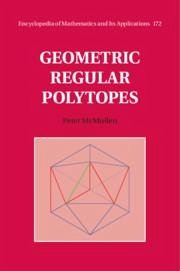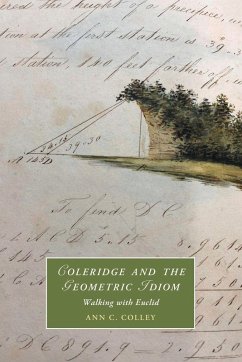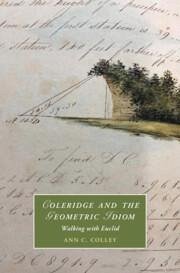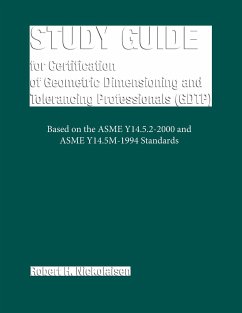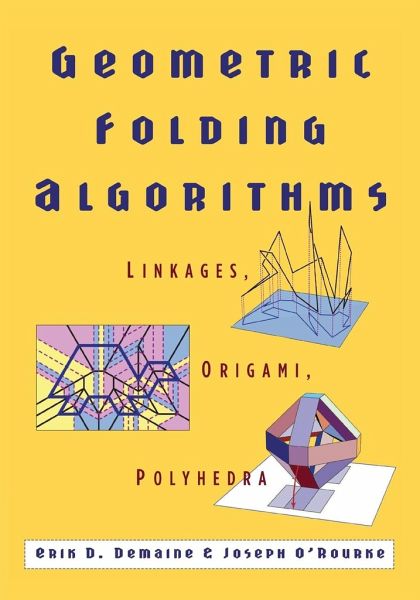
Geometric Folding Algorithms
Versandkostenfrei!
Versandfertig in 1-2 Wochen
97,99 €
inkl. MwSt.

PAYBACK Punkte
49 °P sammeln!
Emphasizing algorithmic and computational aspects, this fascinating treatment of the geometry of folding and unfolding presents hundreds of results and over 60 open problems. Aimed at advanced undergraduates and graduates in mathematics or computer science, this lavishly illustrated book will entertain a broad audience, from school students to researchers.






